- 2.78K Posts
- 2K Comments

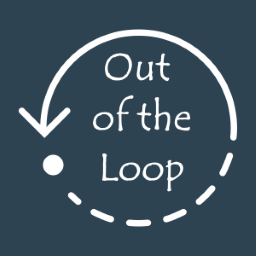 22·3 hours ago
22·3 hours agoThe way I read is that it isn’t (or not only) about menu item number 67, but about order number 67 (i.e. the 67th order since the counter was reset).

 2·23 hours ago
2·23 hours agoFür alle, die wissen wollen, in was für einer Gegend dieses Ding sich befindet: https://www.openstreetmap.org/way/656045231#map=15%2F48.76105%2F2.46824

 1·23 hours ago
1·23 hours agound ist natürlich französisch und überhaupt kein Dialekt der deutschen Sprache

 2·1 day ago
2·1 day agoI haven’t read about this before.
It’s interesting that (judging from the screenshot), they even tried to recreate the Apple menu, which on macOS isn’t a start menu after all; but I do wonder what is the way to start apps in this interface? Did they try to clone macOS in that regard to and do that through the “Finder” (probably Dolphin)?
obviously it’s a remote service, so you don’t directly control it unless you run it yourself, but the website links to this repo https://github.com/gugray/rss-parrot so the code does seem to be available under a free license (I have not tried to run it myself)
This puts any RSS feed into your Mastodon feed.
I post a lot and don’t usually get hateful insults, in fact most of what I post gets no comments at all.
The way I find most things I post is literally just that I repost them from my Mastodon feed.
 1·3 days ago
1·3 days agoI still remember how in ~2010, when some social benefits were cut here in Austria as part of an austerity program, I read a lot (!) of talking points that the Koralm railway is a way bigger waste of money and they should cancel it because it’s useless, not those social benefits…
I haven’t been hearing anything about that lately somehow.

 37·3 days ago
37·3 days agoI think we need to ask this question separately for the microblogging fediverse and the “threadiverse” (i.e. Lemmy-compatible communities).
The microblogging fediverse isn’t dying, I scroll through it every day, it’s one of my main sources of news (some of which I then post on Lemmy). I wouldn’t be able to keep up with much more than what I currently get into my feed there.
The threadiverse meanwhile could definitely use much more activity. I hope it eventually becomes a place to discuss even the most niche topics imaginable, like web forums in their era…

 8·4 days ago
8·4 days agoEin entsprechendes Gesetz hat die Regierung erlassen.
Falls sich das jemand der geneigten Leser aus dem Ausland fragt: nein, auch in Österreich kann die Bundesregierung keine Gesetze “erlassen”. Was heute wirklich passiert ist, ist, dass der Nationalrat (entspricht etwa dem Deutschen Bundestag) das Gesetz beschlossen hat, es ist aber noch nicht kundgemacht worden: https://www.parlament.gv.at/gegenstand/XXVIII/I/298?selectedStage=100
Ich hoffe, dass alleine schon deshalb, weil darin ausdrücklich “das Haupt nach islamischen Traditionen verhüllt” formuliert wird, dieses Gesetz als Diskriminierung aufgrund der Religion vom VfGH aufgehoben wird.

 2·4 days ago
2·4 days agoIch freu mich auf die Zukunft, in der ich Jobsicherheit hab und die Generationen nach mir nicht mehr.

 61·4 days ago
61·4 days agoDas Fediverse ist nicht komplizierter als jede andere Form von sozialen Medien. Es ist sogar einfacher, weil es einfacher ist, zu steuern, was einem angezeigt wird und was nicht.
Ich bin im Alter von 10 Jahren erstmals in einem Internetforum aktiv geworden und fand das damals (und in meiner gesamten restlichen Jugend) eine der coolsten Sachen, die es auf der Welt gibt. Warum sollten das Leute, die später als ich geboren wurden, nicht mehr so sehen? :D

 1·4 days ago
1·4 days agoJa, eh, der Kommentar war auch eher an die Quelle adressiert. 😉

 2·4 days ago
2·4 days agoThis is a complex issue and both of the comments above are way oversimplifying it…
Lots of governments around the world are nowadays claiming that their laws apply to all or many websites that can be accessed in their borders. Whether they can enforce this if the website has no physical assets in the country is a very different question. They could arrest their operators when they enter their countries (as happened to Pavel Durov), or they could geoblock websites, or… here are some starting points for further research:
- https://politics.stackexchange.com/questions/88635/can-the-uk-government-do-anything-about-a-foreign-media-platform-rooting-for-civ
- https://politics.stackexchange.com/questions/20490/what-politically-can-be-done-to-compel-global-compliance-by-google
- https://www.techdirt.com/2025/09/05/when-trolls-take-on-tyrants-4chan-and-kiwi-farms-sue-the-uk-over-extraterritorial-censorship/
That makes sense, thanks.

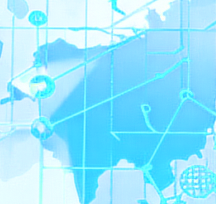 11·4 days ago
11·4 days agoAlkohol und Tabak sind körperlich schädlich, da lasse ich es mir deutlich eher einreden als bei harmlosem Zeitvertreib bzw. Hobbys, bei denen man nichts in seinen Körper tut, sich nicht körperlich verletzen kann, usw.

 4·4 days ago
4·4 days agoIn einigen Artikeln stand, dass es nur für bestimmte spezifisch ausgewählte (große) Plattformen gilt. Ich hab das nicht unabhängig überprüft, aber wenn es stimmt, ist die Antwort darauf wohl (derzeit noch) “ja”, bzw. “ja, solange das IRC-Netzwerk nicht angewiesen wurde, es zu unterbinden”.

 2·4 days ago
2·4 days agoUnd ich hab an solche Menschen noch eine vierte Frage: Warum glaubst du, besser für andere (auch junge) Menschen zu wissen als sie selbst, was gut für sie ist?
Und eine fünfte: Warum soll alles, was Jugendlichen gefällt und Spaß macht, alles, was sie gerne tun, automatisch für sie schädlich sein? Dazu eine Folgefrage: Findest du, gilt das auch für Erwachsene?
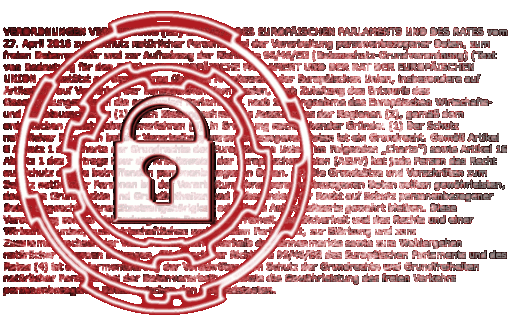












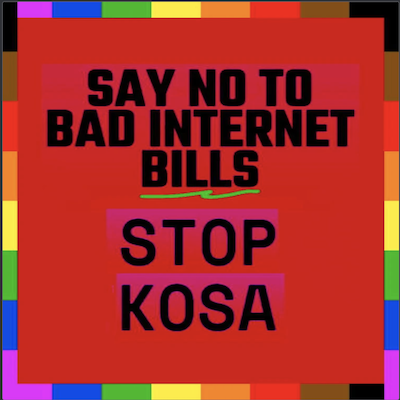











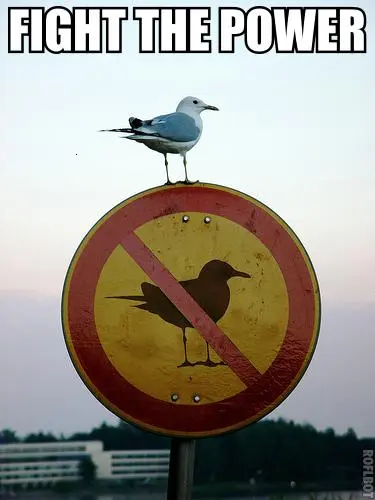
2005: entire websites written in Flash
2025: entire websites written in SVG